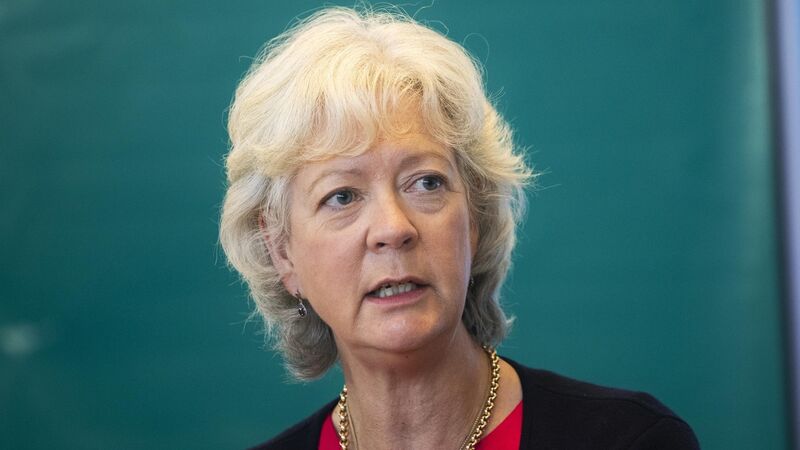'Covid 'may contribute to overall immunity' for children, says Niac chair

Professor Karina Butler, Chair of the National Immunisation Advisory Committee, said that a mild infection of Covid in children "may contribute to their overall immunity". But that doesn't mean children should be exposed to the disease. Picture Colin Keegan, Collins Dublin
For the majority of children, Covid is a mild 'infection' and "may contribute to their overall immunity" but that doesn't mean children should be exposed to the disease, the Oireachtas Health Committee has heard.
Dr Karina Butler, chair of the National Immunisation Advisory Council, said in terms of concerns over unvaccinated children attending schools, Covid “is different from other infections in that for the majority of them it is a mild infection, and that may contribute to their overall immunity ongoing”.










